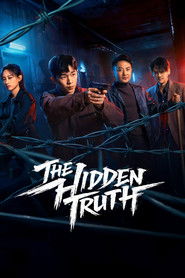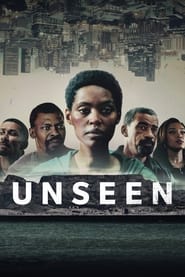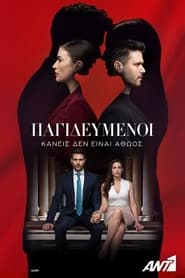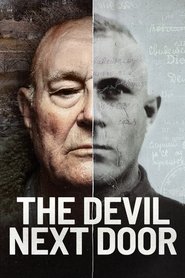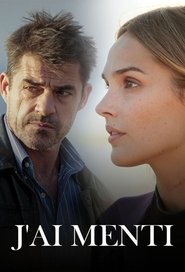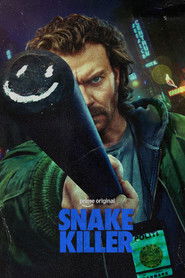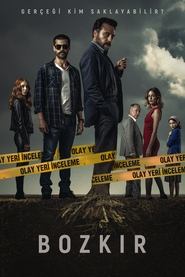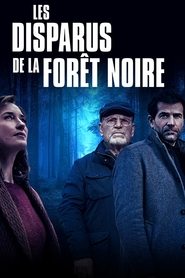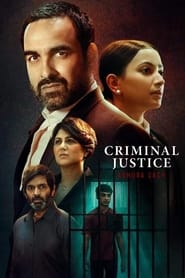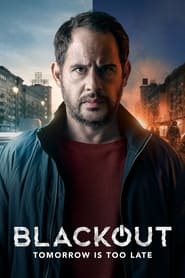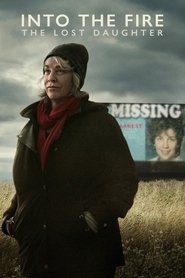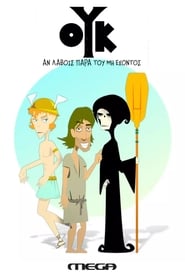Popular Crime TV Series - Page 157
-
The Hidden Truth
2026
The Hidden Truth
2026
Young detective Tang Tang reopens a decade-old case and uncovers a sprawling criminal network behind a series of disturbing incidents across the city. As the truth comes into focus, the investigation takes a devastating personal turn that puts everything he cares about on the line. -
Unseen
2023
Unseen
2023
star 6.7A house cleaner desperately searches for her husband as a dreaded criminal syndicate dredges up past tragedies and ultimately drives her to violence. -
Pagidevmenoi
2022
Pagidevmenoi
2022
star 7A lawyer and a District Attorney meet and are forced to work together to find the real culprit. However, they have a completely different philosophy of life. For Dimitris, Law and Justice are the same. For Anna, the Law is one thing and Justice is another. Trapped in a labyrinth of secrets, they search to find a way out. Through a labyrinthine path of emotions, they search for the truth. However, none of them will be able to distinguish reality from illusion. Who are the real perpetrators and who are the moral perpetrators? -
Addicted To Mystery
2014
Addicted To Mystery
2014
star 7Akemi Ninomiya is a hardcore mystery fan. Although she is only a college student, she is wealthy and owns a building. Private Detective Morio Ukai prefers tracking down lost pets for wealthy clients rather than murder cases which brings in little money. The duo join forces to solve various suspicious cases. -
The Devil Next Door
2019
The Devil Next Door
2019
star 7.1A Cleveland grandfather is brought to trial in Israel, accused of being the infamous Nazi death camp guard known as Ivan the Terrible. -
The Gathering
2024
The Gathering
2024
star 6.8A violent attack on a teenager at an illegal beach rave sends shockwaves of suspicion through a Merseyside community. As secrets and lies are laid bare, will the truth emerge? -
My Beautiful Bride
2015
My Beautiful Bride
2015
star 6.6This drama is about a husband, Kim Do Hyung who desperately searches for his wife, Yoon Joo Young who suddenly disappears. Meanwhile, Cha Yoon Mi is the detective on the case who helps him along the way. -
The Perfect Murder
2014
The Perfect Murder
2014
star 8.3"The Perfect Murder" brings viewers some of the most diabolical, perplexing murder cases to land on detectives’ desks – the kind of cases that make or break careers and provide fodder for Hollywood mystery movies. These ingenious killers are every detective’s worst nightmare. Whether by planting false evidence, or writing anonymous letters to police, these murderers will stop at nothing to stay one step ahead and get away with the perfect murder. Detectives hit dead end after dead end, and wrong suspects are discarded. But one new clue can lead to another and the cold case suddenly gets hot. The truth is that it is the perfect murder -- until it's not. -
I Wanna Hear Your Song
2019
star 5A romantic comedy which is about a timpanist witnessing a murder case but cannot remember anything about what happened. With the help from a mysterious guy, she attempts to recover her memories from that day. -
Spiral of Lies
2021
Spiral of Lies
2021
star 735-year-old Audrey, the only survivor of a mysterious serial killer who raged in the Biarritz region 16 years earlier, is brutally taken back to her past by a new crime: a 17-year-old girl is found murdered on the Basque coast. Nothing links this murder to the series of crimes committed in the early 2000s by the "Itsas Killer," but Audrey is certain that Itsas is back. -
Snake Killer
2026
Snake Killer
2026
star 10When his informant is killed, Brian "Smiley" Petersen and fellow narcotics officers from the infamous Uropatruljen battle a crime syndicate, using extreme methods that often cross legal boundaries. -
Blocco 181
2022
Blocco 181
2022
star 5.3Set in the multi-ethnic communities on the outskirts of Milan, three teenagers grow up and deal with love, generational conflicts, female emancipation and, above all, power struggles. -
Steppe
2018
Steppe
2018
star 7.3Experienced chief of police Seyfi and newbie officer Nuri Pamir start to investigate the case of a child murder taking place in the city. The case brings them to Mr. Abbas and his daughter Dilara, who are well-known individuals in their circles. -
Forest of the Missing
2022
star 6.5Near the Franco-German border, in the heart of the Black Forest and the binational military base; 12 bodies are found in a mass grave. All the victims are men, both French and German. -
Criminal Justice: Adhura Sach
2022
star 7.4Madhav Mishra is back to fight his toughest case yet nothing is simple and straightforward. Will justice win? -
Blackout: Tomorrow Is Too Late
2021
star 6.2A chain reaction in the European power grid plunges the continent into darkness. Hacker Pierre Manzano realizes that a code he wrote is to blame. In Germany Frauke Michelsen heads the country’s crisis response team. Disaster looms. -
Into the Fire: The Lost Daughter
2024
star 7.7A tenacious mother unravels the complex mystery surrounding the 1989 disappearance of the daughter she placed for adoption. -
You Can’t Take From One Who Does Not Have
2010
star 6.8You Can’t Take From One Who Does No Have (Ouk an lavois para tou mi ehontos) is a Greek animated mini-series that aired in the 2010-2011 season on Mega. Ouk an lavois para tou mi ehontos develops in modern Athens where Charos goes, wanting to withdraw from his obligations. However, he is short an obolus on his books, what Menippus owes since he died. Hermes, as the carrier of souls and responsible for Menippus not having the obolus, together with Charus try to help Menippus make money to pay him the obolus. The series was scheduled to begin in the 2009–2010 season, but was eventually rescheduled for the following season’s schedule. The series consists of a total of one cycle with 14 episodes. -
Noddy: Toyland Detective
2016
star 7.7Toyland’s boy detective, Noddy, solves mysteries and finds missing objects with help from his friends: a panda, a superhero, a dinosaur and a robot.
 Netflix
Netflix
 Amazon Prime Video
Amazon Prime Video
 Apple iTunes
Apple iTunes
 Apple TV Plus
Apple TV Plus
 Disney Plus
Disney Plus
 Google Play Movies
Google Play Movies
 Paramount Plus
Paramount Plus
 Hulu
Hulu
 HBO Max
HBO Max
 YouTube
YouTube
 fuboTV
fuboTV
 Peacock
Peacock
 Peacock Premium
Peacock Premium
 Amazon Video
Amazon Video
 The Roku Channel
The Roku Channel
 AMC+
AMC+
 Kocowa
Kocowa
 Hoopla
Hoopla
 The CW
The CW
 Vudu
Vudu
 Starz
Starz
 Showtime
Showtime
 PBS
PBS
 Pantaflix
Pantaflix
 FXNow
FXNow
 Tubi TV
Tubi TV
 Kanopy
Kanopy
 Comedy Central
Comedy Central
 Crunchyroll
Crunchyroll
 Microsoft Store
Microsoft Store
 Redbox
Redbox
 Sun Nxt
Sun Nxt
 ABC
ABC
 DIRECTV
DIRECTV
 Crackle
Crackle
 Fandor
Fandor
 Plex
Plex
